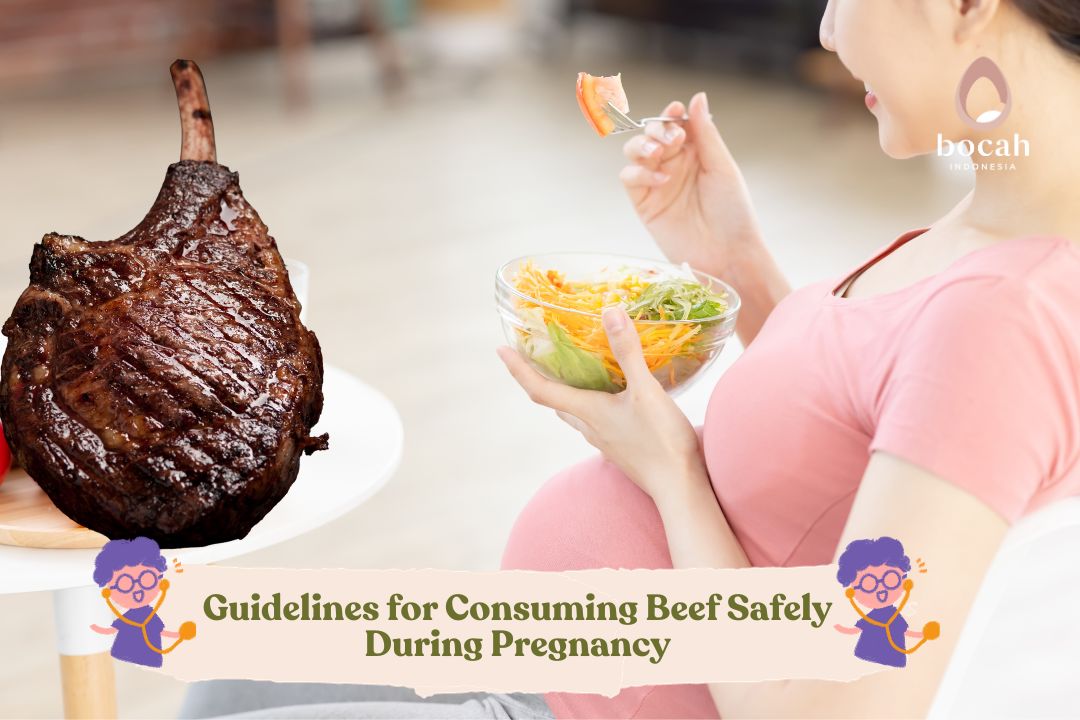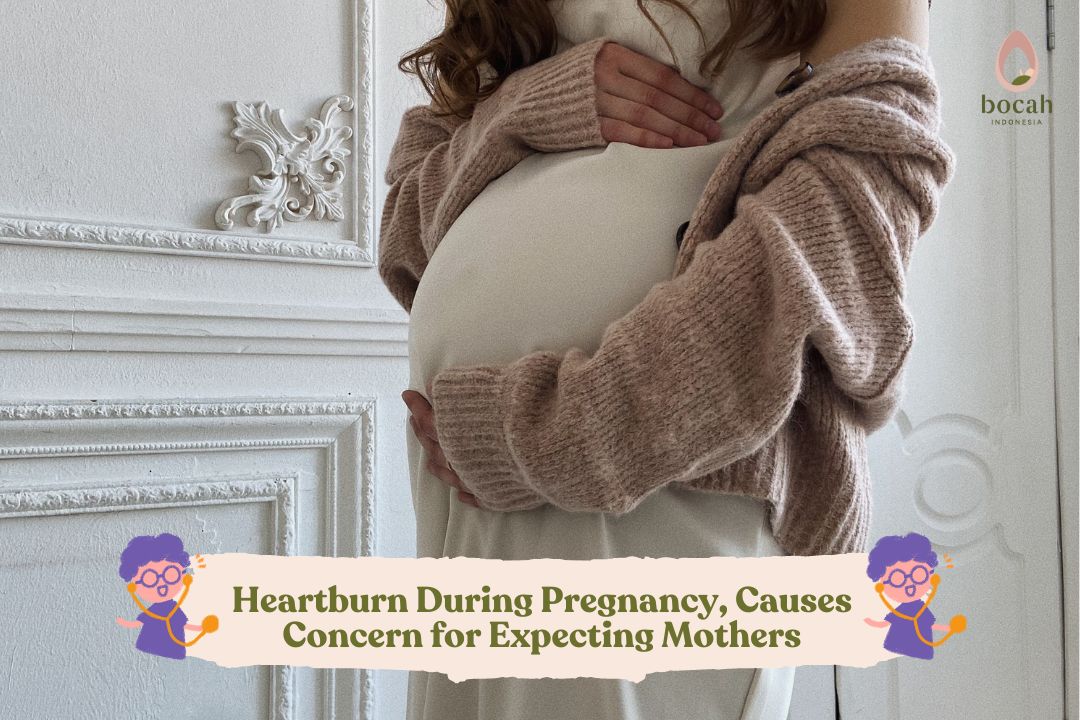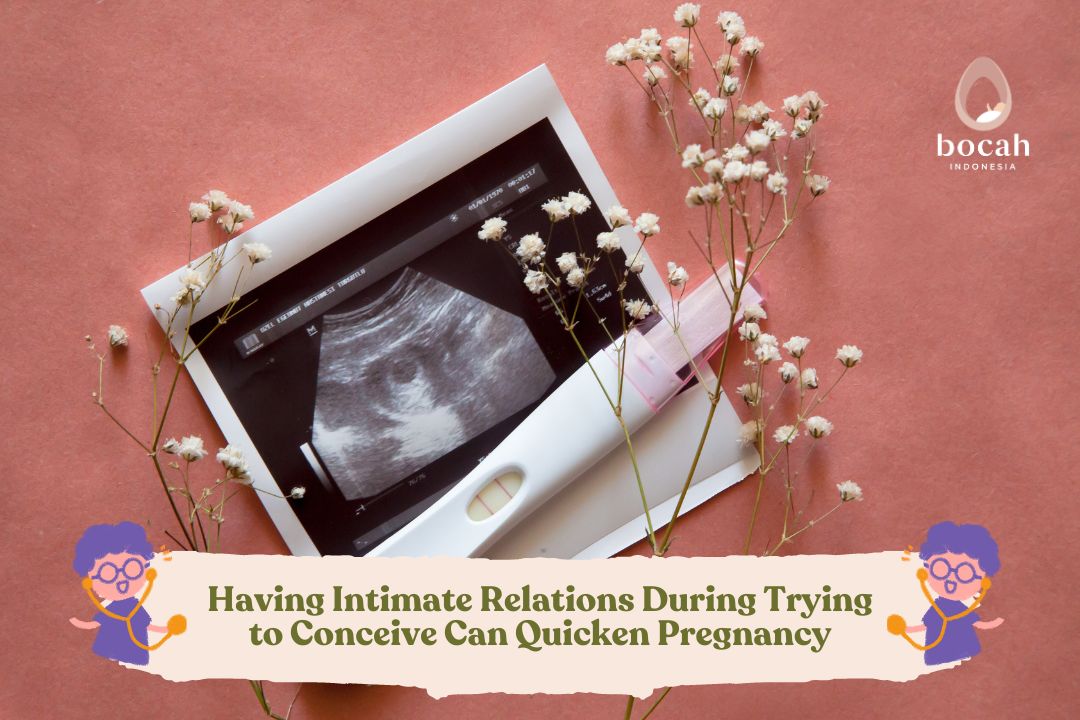Guidelines for Consuming Beef Safely During Pregnancy

Moms want to eat beef but are worried because they are pregnant. Let’s find out how to safely consume beef during pregnancy here.
How many pregnant moms here enjoy beef dishes? Beef has a delicious taste and can be prepared in various ways. In Indonesia, there are many traditional dishes that use beef as the main ingredient, such as rendang, rawon, and sate maranggi.
Although it’s delicious and appetizing, moms need to be cautious when consuming beef. Improperly cooked beef can lead to infections from bacteria like Salmonella, E. coli, and Listeria, as well as parasites like Toxoplasma.
Benefits of Moms Eating Beef During Pregnancy
Consuming beef during pregnancy is allowed because beef offers numerous benefits for both mom’s and the fetus’s health. Here are some benefits of consuming beef during pregnancy:
- High-Quality Protein Source: Beef is an excellent source of animal protein, which is crucial for fetal growth and development, tissue formation, and supporting muscle and tissue health.
- Preventing Anemia: Beef contains heme iron, which is more easily absorbed by the body compared to non-heme iron found in plant sources. Iron is essential during pregnancy to prevent anemia and support the formation of healthy red blood cells.
- Source of Vitamin B: Beef contains various B vitamins, including vitamin B12, B6, riboflavin (B2), and niacin (B3). These vitamins are essential for energy metabolism, nerve function, and the healthy growth of the fetus.
- Beneficial for Fetal Growth: Some types of beef, such as grass-fed or pasture-raised beef, may contain omega-3 fatty acids. These fatty acids are crucial for fetal brain and vision development.
- Supporting Maternal Health: Beef also contains zinc, a mineral that supports cell and tissue growth and the immune system. Creatine found in beef plays a vital role in energy metabolism and muscle growth.
Side Effects of Beef Consumption During Pregnancy
Although beef is safe to consume during pregnancy, if moms do not follow the proper guidelines when consuming beef during pregnancy, it can lead to harmful side effects for both mom and the developing fetus. Here are some potential side effects of consuming beef during pregnancy:
Tanya Mincah tentang Promil?
- Listeria: Most people may not experience any symptoms when consuming food contaminated with Listeria monocytogenes bacteria. However, healthy pregnant women are at higher risk than other healthy adults for Listeria infection and are at risk of serious illness.
- Toxoplasma: This is a parasite that can cause an infection called toxoplasmosis. Most people may not realize when they are infected, but if this bacterium is contracted during pregnancy, the disease can be severe, leading to conditions such as miscarriage, stillbirth, long-term nerve damage, or other harmful effects.
- Salmonella: This bacterium is more likely to cause serious illness during pregnancy. In rare cases, high fever, vomiting, diarrhea, and dehydration can lead to premature birth or even miscarriage.
Guidelines for Consuming Beef During Pregnancy
Here are some guidelines for consuming beef during pregnancy:
- Choose Fresh Beef: Ensure that you select fresh, high-quality beef. Avoid beef that is expired or appears not to be fresh.
- Safe Storage: Always store raw beef in a leak-proof container in the refrigerator. Never store raw meat together with cooked meat or other foods.
- Separate Utensils: Use separate knives and cutting boards for raw beef and other foods to avoid cross-contamination.
- Cook Thoroughly: Make sure beef is cooked thoroughly to reach a safe temperature. Use a food thermometer to ensure proper cooking temperature.
- Avoid Raw or Undercooked Beef: During pregnancy, avoid consuming raw or undercooked beef, such as steak tartare, to minimize the risk of bacteria like E. coli and Salmonella.
- Refrigeration: After cooking or purchasing, promptly refrigerate beef within 2 hours, or 1 hour if at room temperature.
By following these guidelines, moms can safely consume beef during pregnancy and minimize the risk of foodborne illnesses. If still unsure, moms can consult with a doctor for further guidance.
Dads, if you want to read more information about pregnancy and prenatal programs, you can find it in other articles on Bocah Indonesia.
Source:
- CDC. Antibiotic resistance and NARMS surveillance. Centers for Disease Control and Prevention. Diakses 2023. https://www.cdc.gov/narms/faq.html
- CDC. Parasites — Toxoplasmosis. Centers for Disease Control and Prevention. Diakses 2023. https://www.cdc.gov/parasites/toxoplasmosis/disease.html
- FDA. Listeria from food safety for Moms to be. U.S. Food and Drug Administration. Diakses 2023. https://www.fda.gov/food/health-educators/listeria-food-safety-moms-be
- FDA. Toxoplasmosis from food safety for moms to be. U.S. Food and Drug Administration. Diakses 2023. https://www.fda.gov/food/people-risk-foodborne-illness/toxoplasma-food-safety-moms-be
- FDA. Safe food handling. U. S. Food and Drug Administration. Diakses 2023. https://www.fda.gov/food/buy-store-serve-safe-food/safe-food-handling
- FDA. Food Safety for Pregnant Women, Their Unborn Babies, and Children Under Five. U.S. Food and Drug Administration. Diakses 2023. https://www.fda.gov/media/83740/download










